Socio-Economic Rights and Accountability Project (SERAP) says Nigeria’s present economic crisis provides opportunity for the President Muhammadu Buhari-led administration to prioritise access of poor and vulnerable Nigerians to basic socio-economic rights, and a genuine fight against corruption.
This is coming after the National Bureau of Statistics, NBS has confirmed that Nigeria’s economy has slipped into another recession, the second time since 2016.
In an open letter to President Buhari dated 21 November 2020 signed by SERAP’s Deputy Director, Kolawole Oluwadare, it urged President Muhammadu Buhari to cut the cost of governance and implement bold transparency and accountability measures in his government’s response to Nigeria’s second recession in five years.
The organization also urged the federal government to increase investment in public health, the healthcare system, education services, provision of clean water and other basic public goods and services that will benefit the majority of the population.
“Decades of mismanagement and corruption, and deep-seated deficiencies in public financial management have directly contributed to higher levels of borrowing and public debts, and consequently, the economic recession. Successive governments have squandered the promise afforded by the country’s natural wealth and resources.”
“The country’s resources appear to have been used almost exclusively for the benefit of the political elites rather than on projects that would ensure the right to an adequate standard of living, the maximum welfare, prosperity, freedom and happiness of every citizen on the basis of social justice and equality.”
SERAP said the country has been poorly governed for many years, with systemic and widespread corruption at all levels of government, contributing to failures by successive governments to deliver essential public goods and services to Nigerians, contrary to the country’s constitution and human rights and anti-corruption obligations.
“Prioritizing the human rights of poor and vulnerable Nigerians means providing public goods and services free of charge for those who cannot afford them. This is the time to prioritise poor and vulnerable Nigerians, and to ensure that any response to the recession goes well beyond bailing out large companies and banks.”
“As the National Bureau of Statistics stated, the country’s GDP recorded a negative growth of 3.62 per cent in the third quarter of 2020. The country had earlier recorded a 6.10 per cent contraction in the second quarter.”
You may be interested

Done Deal: Falconets Forward Joins American Club Carolina Ascent
Webby - November 16, 2024Former Falconets forward Opeyemi Ajakaye has joined USL Super League club, Carolina Ascent FC on loan.Ajakaye linked up with Carolina…

Orban’s Lyon Face Provisional Relegation To Ligue 2 Amid Financial Woes
Webby - November 15, 2024Olympique Lyon the club of Nigerian striker Gift Orban, have been handed a provisional Ligue 1 relegation by theDNCG who…

Ghana Miss Out On AFCON 2025 Qualification After Draw With Angola
Webby - November 15, 2024Black Stars of Ghana’s hopes of qualifying for next year’s AFCON was ended after they played a 1-1 draw away…











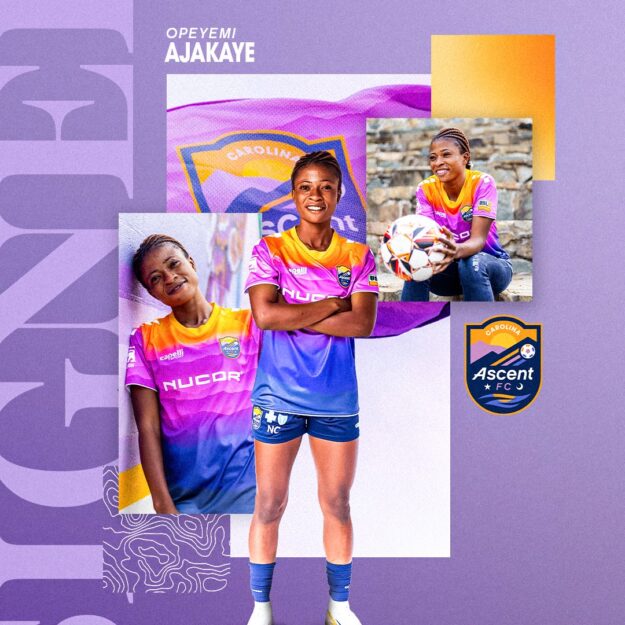
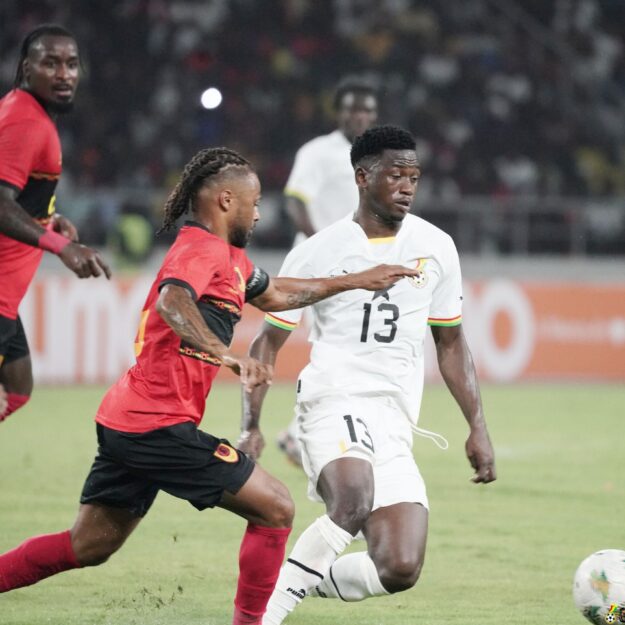
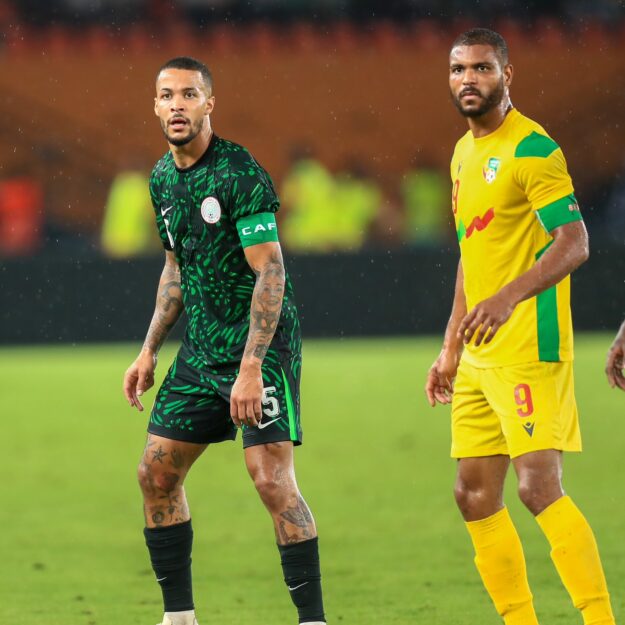

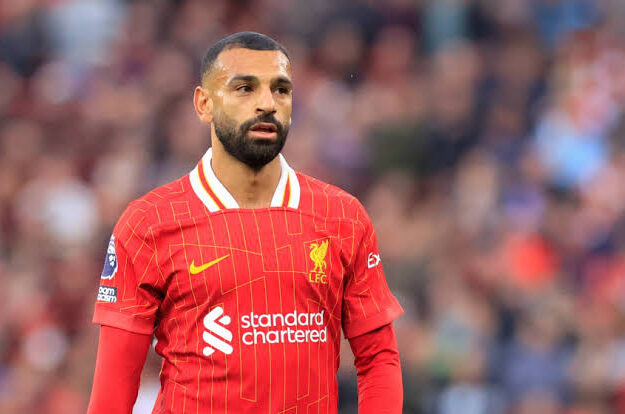
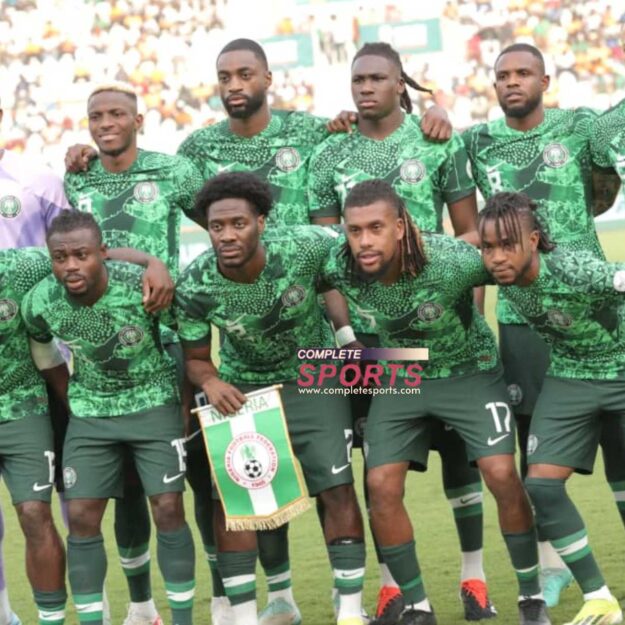



![American Pastor, David Wilson Seen Eating The Box Of Woman Who Isn’t His Wife [Video]](https://onlinenigeria.com/wp-content/uploads/2019/10/american-pastor-david-wilson-seen-eating-the-box-of-woman-who-isnt-his-wife-video-150x150.jpg)








